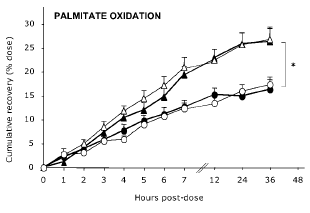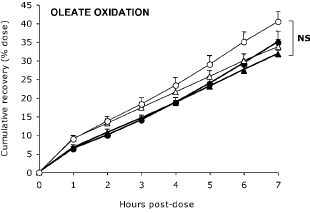berk
Member
- Joined
- Dec 28, 2019
- Messages
- 320
You're more likely to not put on weight if the fats in your diet are mainly of the mono-unsaturated variety. The more saturated fats you eat, the more likely you are to put on weight. The body burns the fats in olive oil relatively easily, whereas it prefers to convert animal and dairy fats into body fat. French physiologists discovered this while working for the space organisations ESA, NASA and CNES.
In fact the researchers were studying the effect of weightlessness on the body's metabolism. They got their subjects to spend 90 days in bed [bed rest]. They were not allowed to sit up in bed, and had to shower sitting down. Some of the subjects trained – sitting down – every three days on a fitness machine, exercising their calves and upper body muscles [exercise].
Before the experiment started the researchers observed their subjects for a period during which they were allowed to move normally [ambulatory].
The subjects were given meals in which the fats had been marked. The palmitate [a saturated fatty acid] and oleate [a monounsaturated fatty acid] molecules were marked. This enabled the researchers to see how much fat the subjects burned, and how much they stored in fat tissue.


The figure above shows that the body burns oleate more easily than palmitate. What’s more, even less palmitate is burned when activity decreases, whereas the amount of oleate burned remains the same.
"The Mediterranean diet (that is, one low in saturated fats, high in monounsaturated fats) would be helpful if promoted in sedentary populations and in recumbent patients, two groups at risk for weight gain", the researchers conclude.
Animal studies have shown that hamsters put on less weight if they are given a diet containing lots of unsaturated fatty acids than a diet with lots of saturated fats.
Source:
PLoS Clin Trials. 2006 Sep 29; 1(5): e27.
In fact the researchers were studying the effect of weightlessness on the body's metabolism. They got their subjects to spend 90 days in bed [bed rest]. They were not allowed to sit up in bed, and had to shower sitting down. Some of the subjects trained – sitting down – every three days on a fitness machine, exercising their calves and upper body muscles [exercise].
Before the experiment started the researchers observed their subjects for a period during which they were allowed to move normally [ambulatory].
The subjects were given meals in which the fats had been marked. The palmitate [a saturated fatty acid] and oleate [a monounsaturated fatty acid] molecules were marked. This enabled the researchers to see how much fat the subjects burned, and how much they stored in fat tissue.


The figure above shows that the body burns oleate more easily than palmitate. What’s more, even less palmitate is burned when activity decreases, whereas the amount of oleate burned remains the same.
"The Mediterranean diet (that is, one low in saturated fats, high in monounsaturated fats) would be helpful if promoted in sedentary populations and in recumbent patients, two groups at risk for weight gain", the researchers conclude.
Animal studies have shown that hamsters put on less weight if they are given a diet containing lots of unsaturated fatty acids than a diet with lots of saturated fats.
Source:
PLoS Clin Trials. 2006 Sep 29; 1(5): e27.
